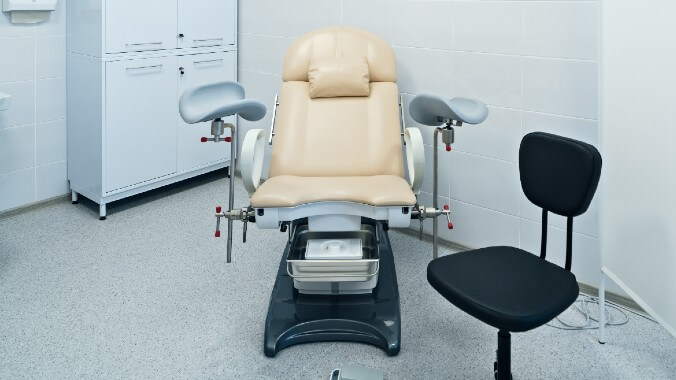The Government Says Hospitals Have to Get Written Consent for Nonconsenual Pelvic Exams and It’s About Time
One expert told Jezebel that nonconsensual pelvic exams have had a lasting toll on victims. She's heard from some whose PTSD prevents them from going to the doctor or seeking health care altogether
Photo: Shutterstock Politics
Over the last few years, reporting from across the country has revealed that in an alarming amount of hospitals, medical students perform intimate exams on patients who were unconscious or under anesthesia as part of their training. In 2023, a couple of states passed laws against nonconsensual pelvic exams but now, the government has explicitly stated that teaching hospitals are no longer allowed to do this.
Per a new federal guidance issued by the Health and Human Services Department on Monday, hospitals will now be required to obtain written consent from patients before performing pelvic exams or exams involving other sensitive areas, including (and especially!) if the exam is performed while the patient is unconscious. Hospitals that don’t comply could face fines, investigations, and become ineligible to participate in Medicare and Medicaid programs.
“The Department is aware of media reports as well as medical and scientific literature highlighting instances where, as part of medical students’ courses of study and training, patients have been subjected to sensitive and intimate examinations—including pelvic, breast, prostate, or rectal examinations—while under anesthesia without proper informed consent being obtained prior to the examination,” Xavier Becerra, secretary of the HHS Department, wrote in a letter addressed to hospitals and medical schools. Becerra stressed that “providers and trainees” performing such exams must “first obtain and document informed consent from patients before performing sensitive examinations in all circumstances.”
-

-

-

-

-

-

-

-

-

-

-

-

-

-

-

-

-

-

-

-

-

-

-

-

-

-

-

-

-

-

-

-

-

-

-

-

-

-

-

-








































